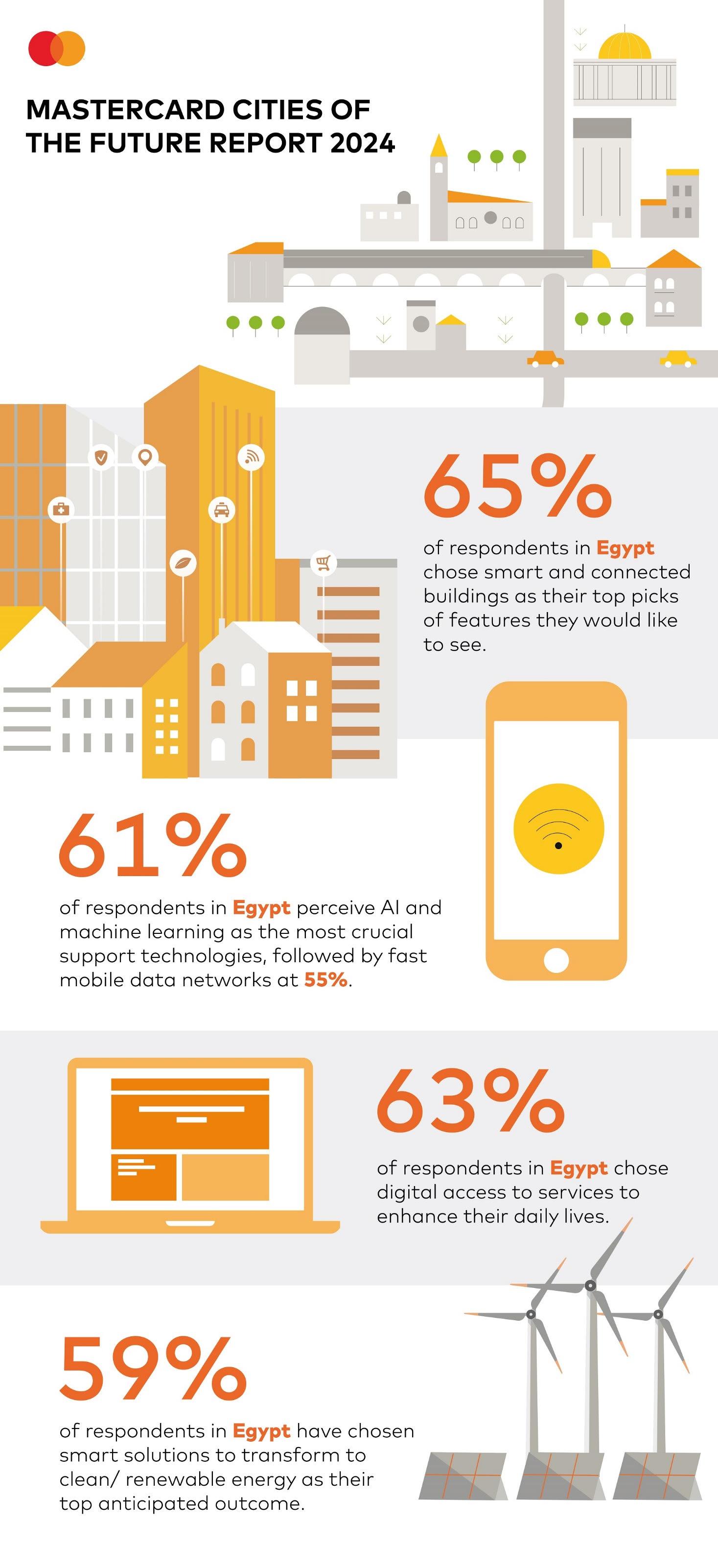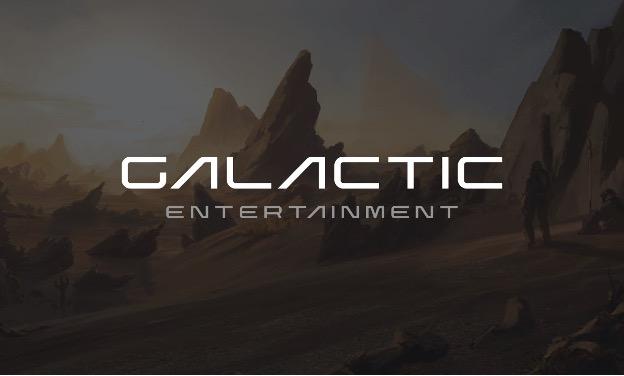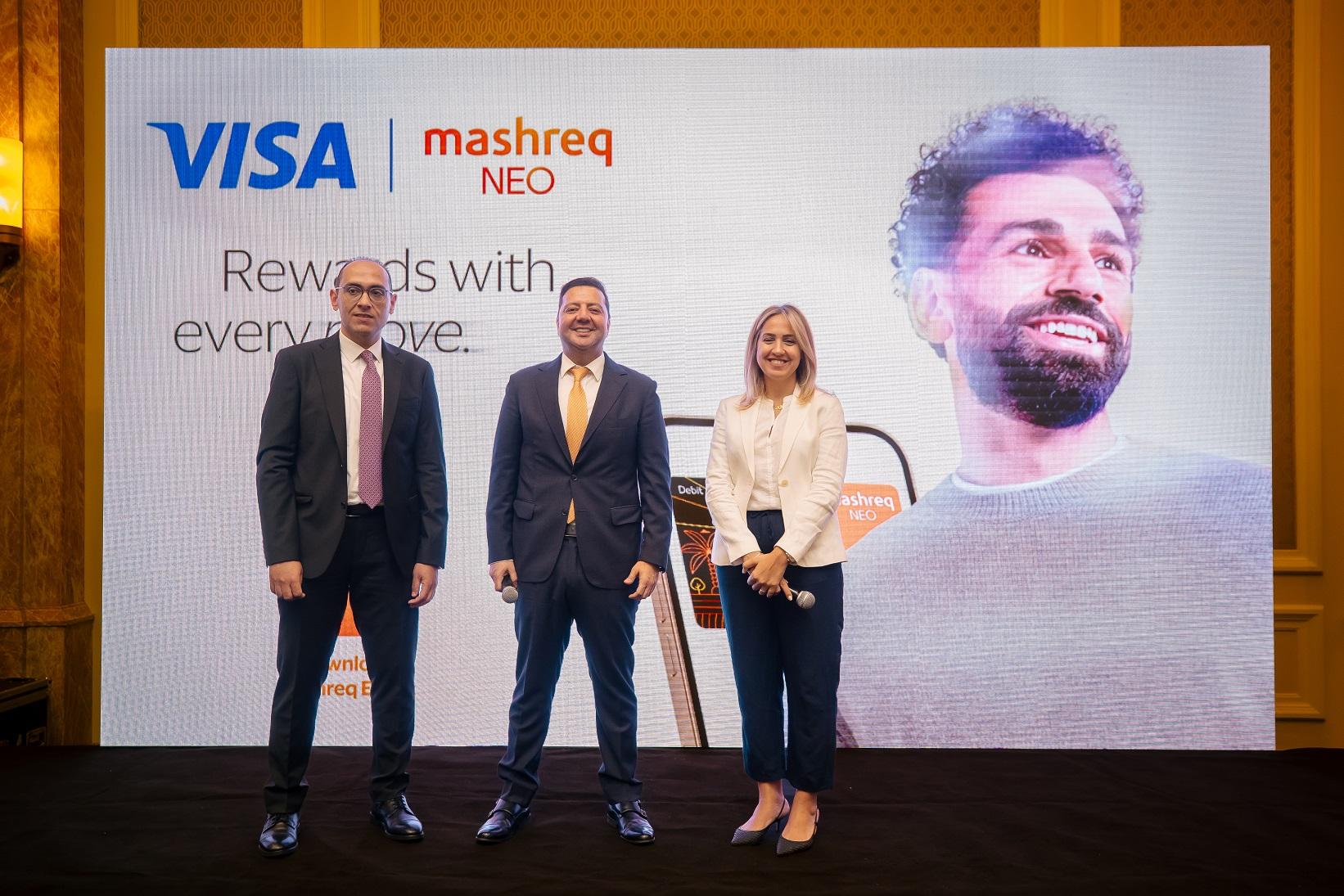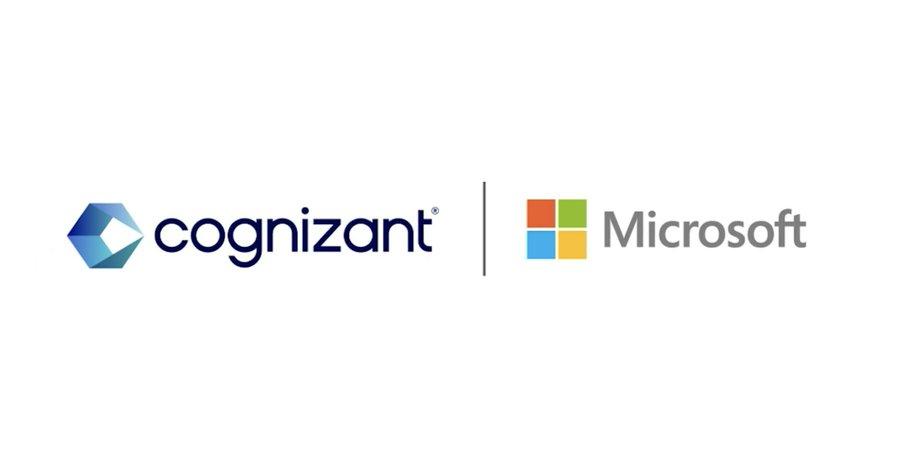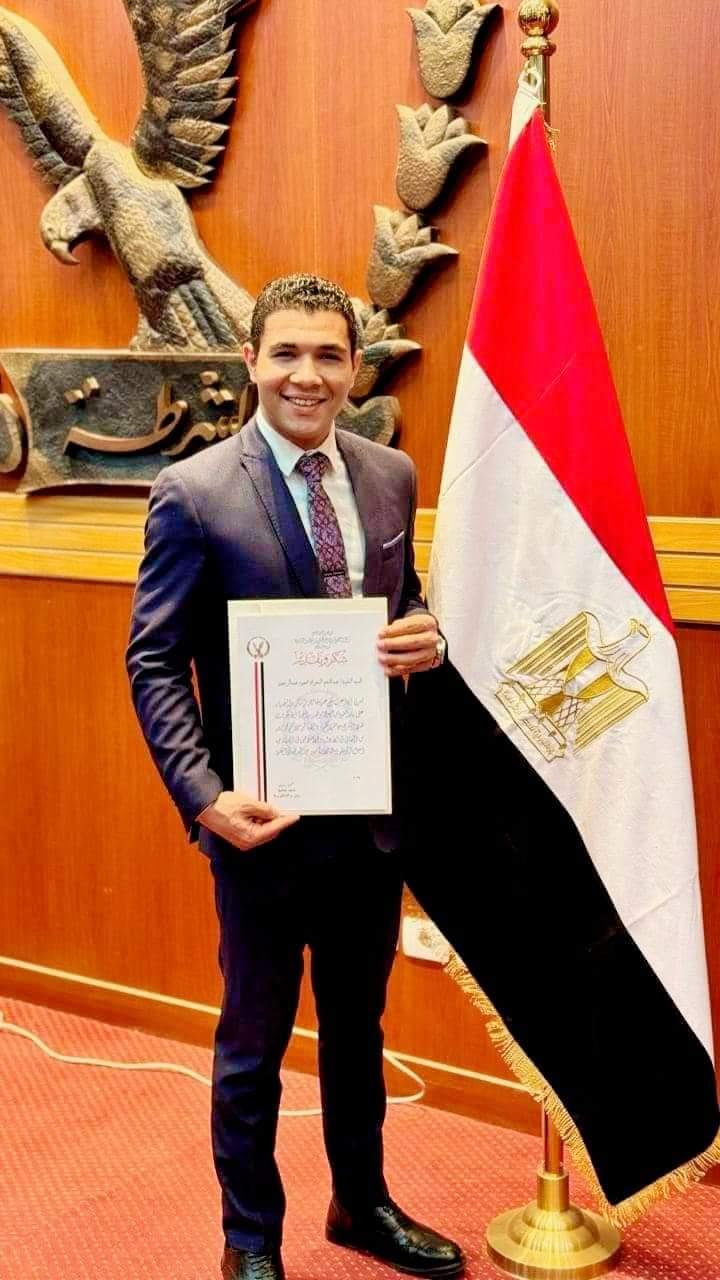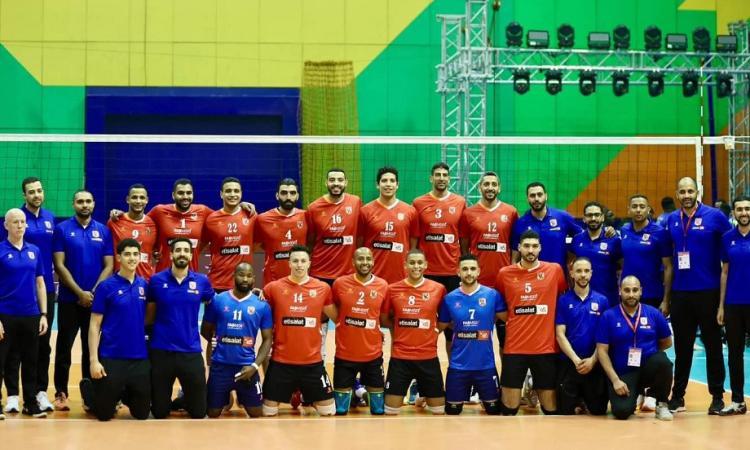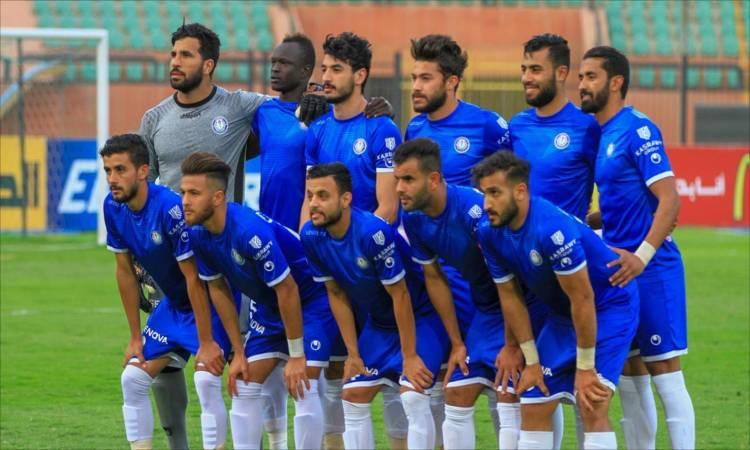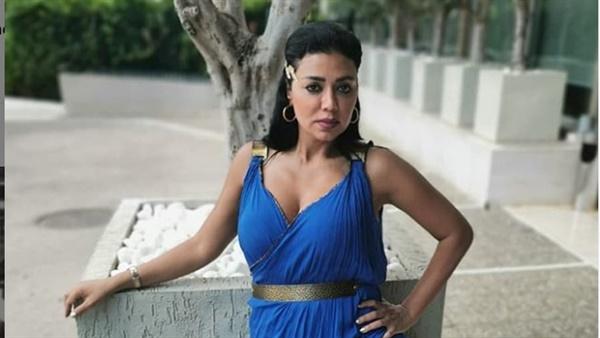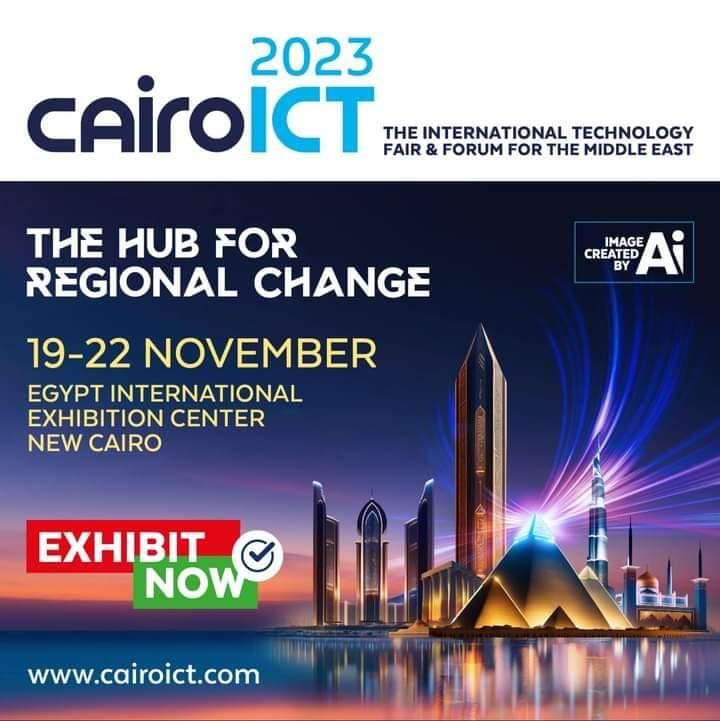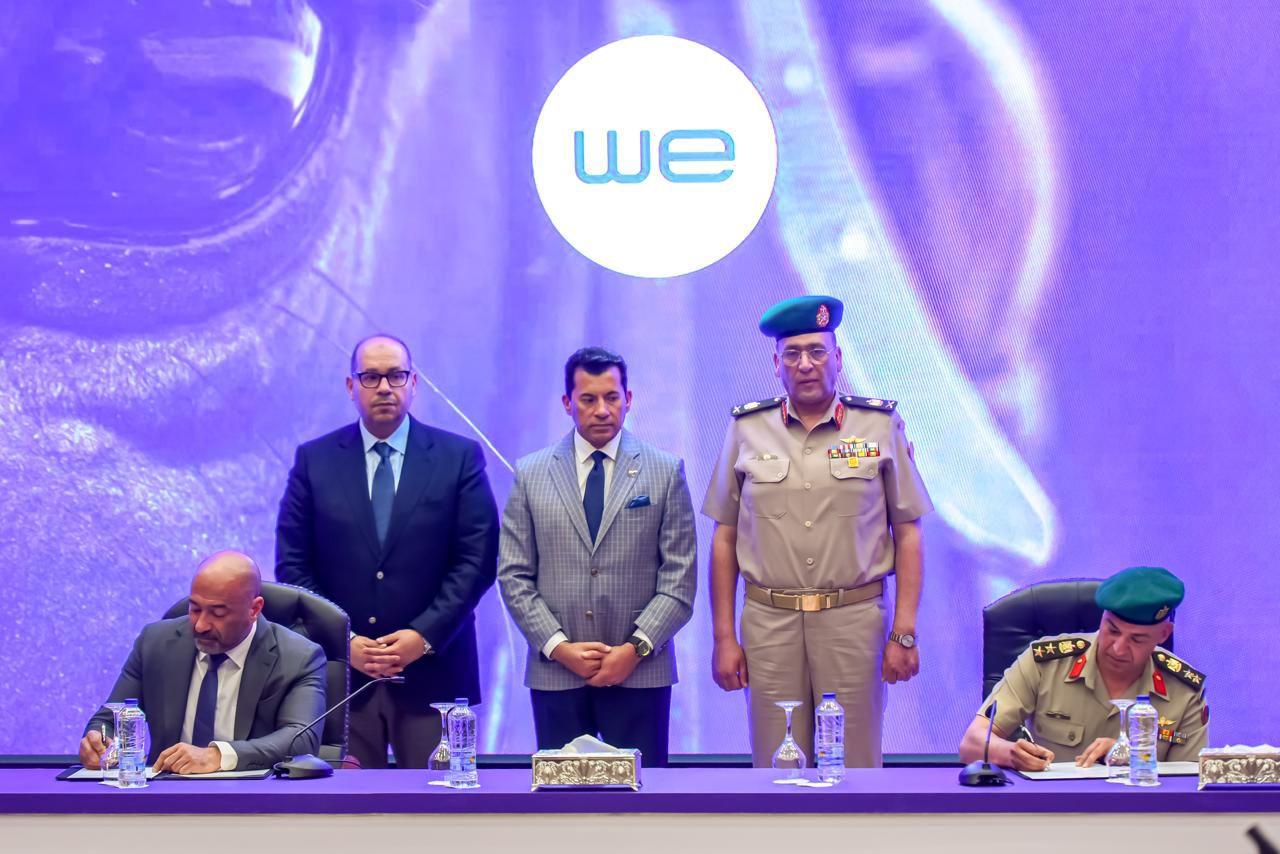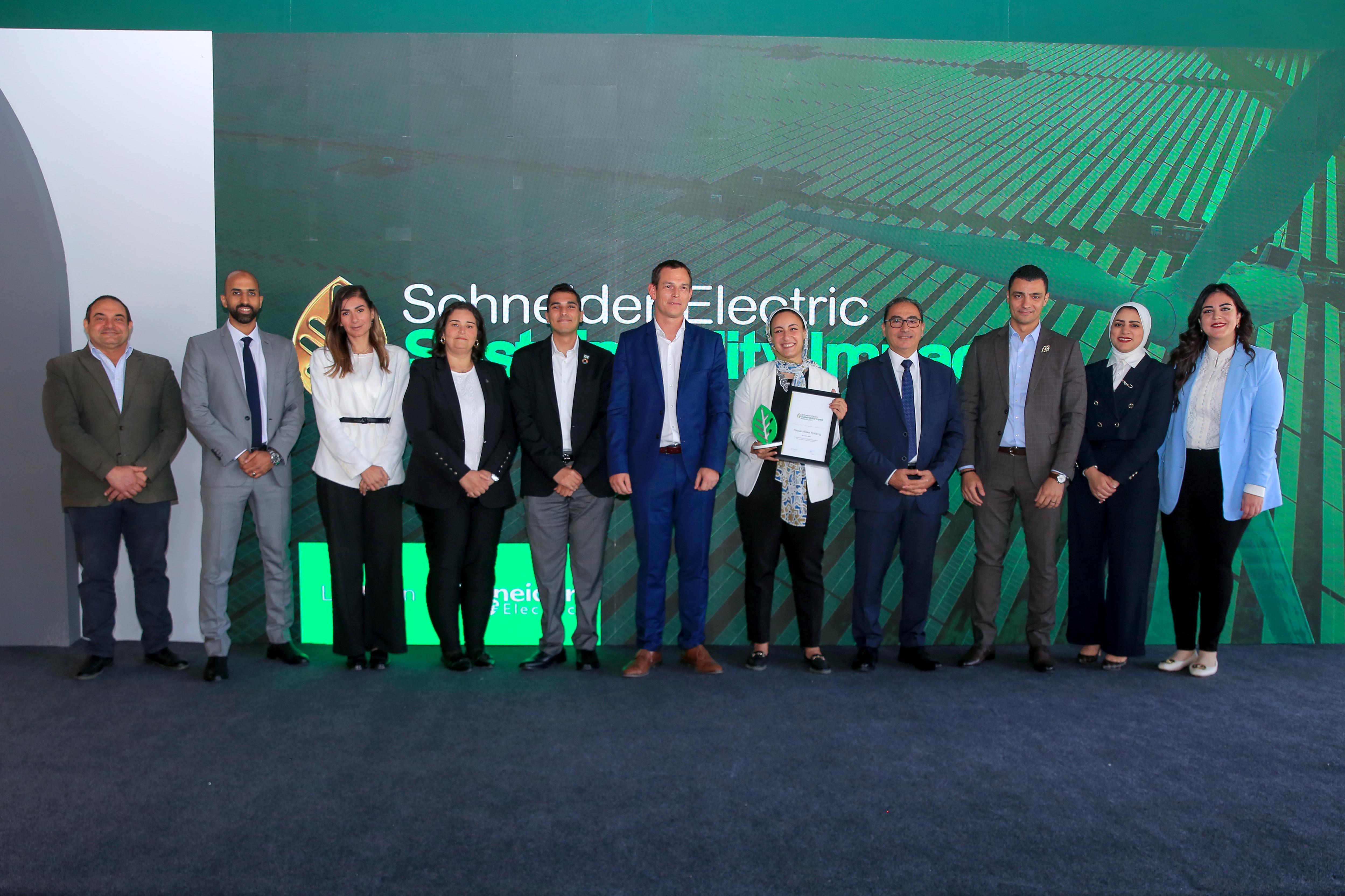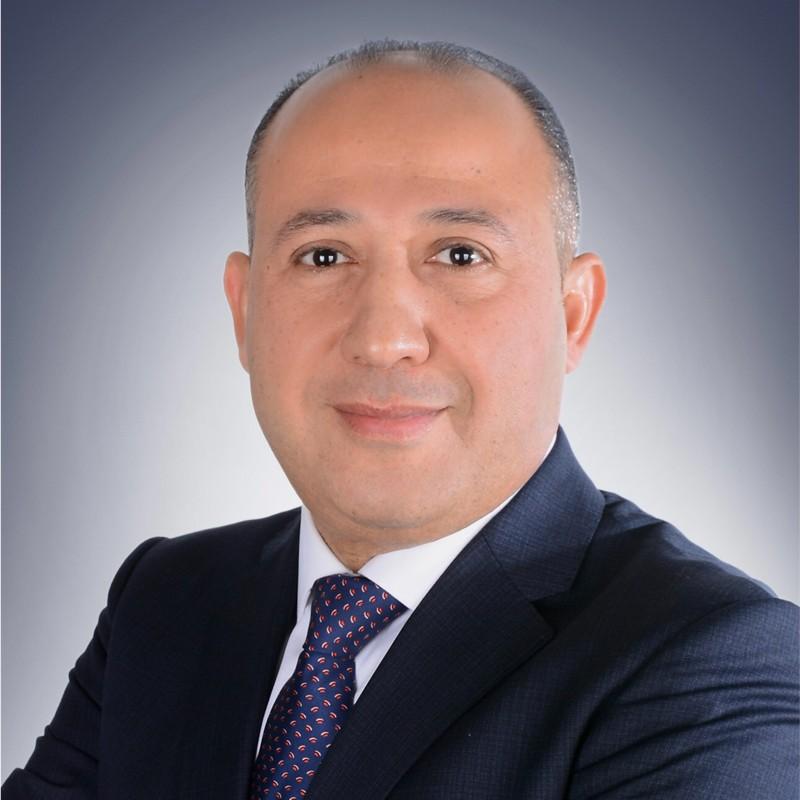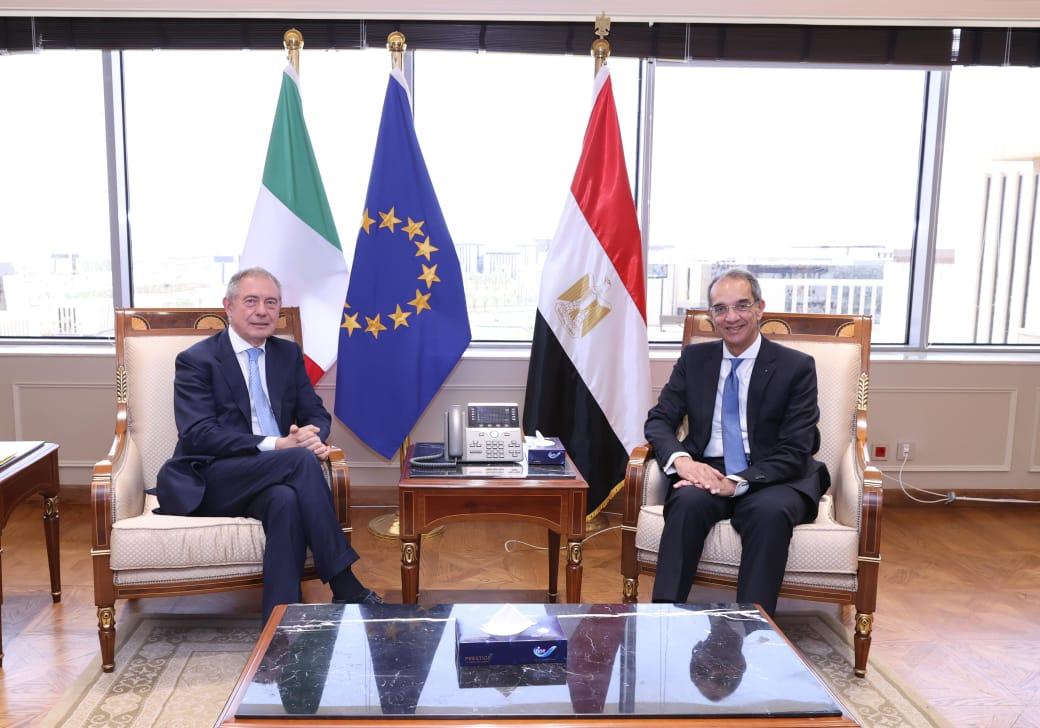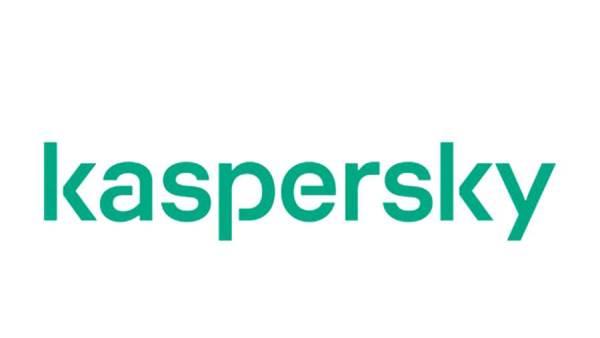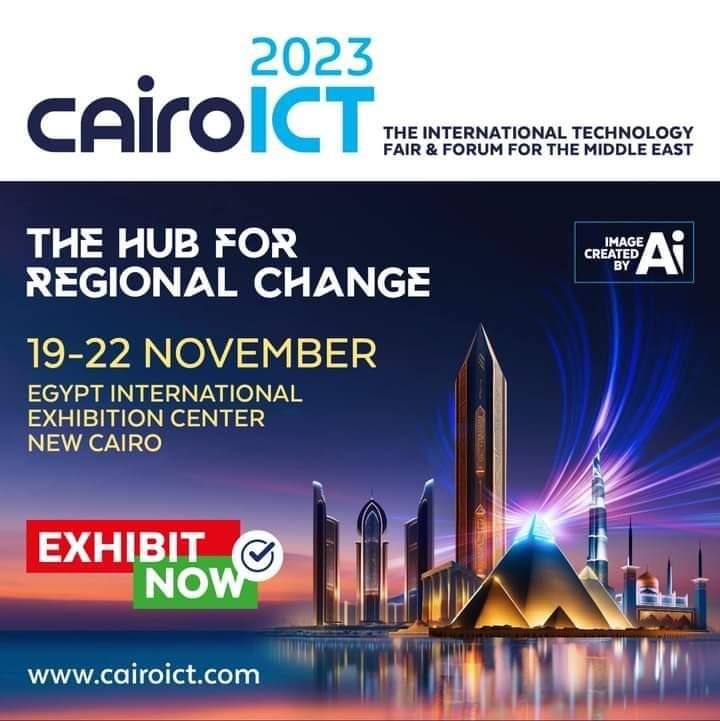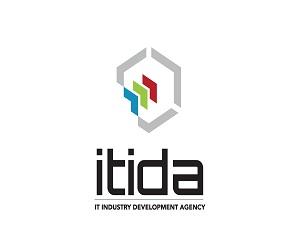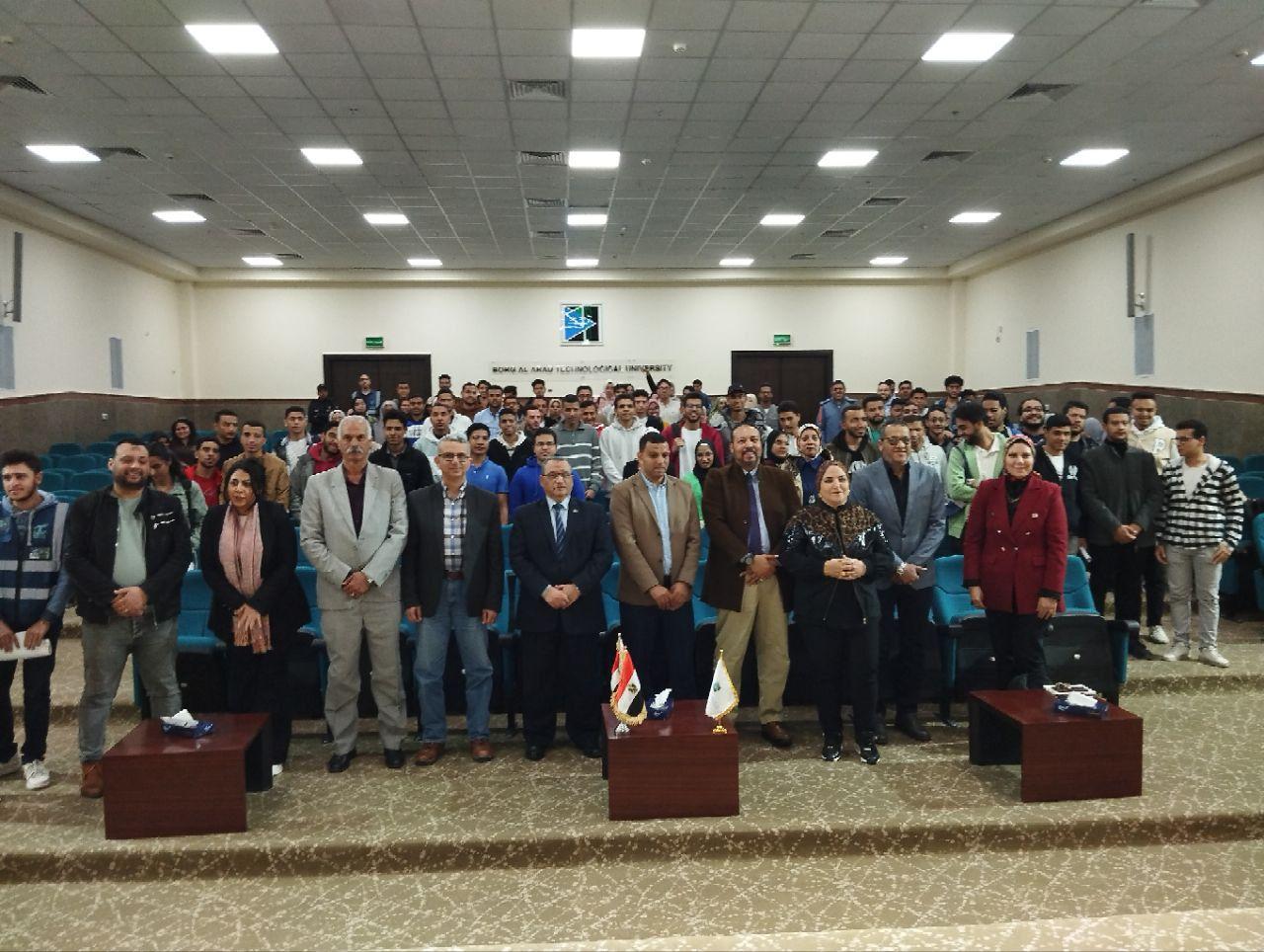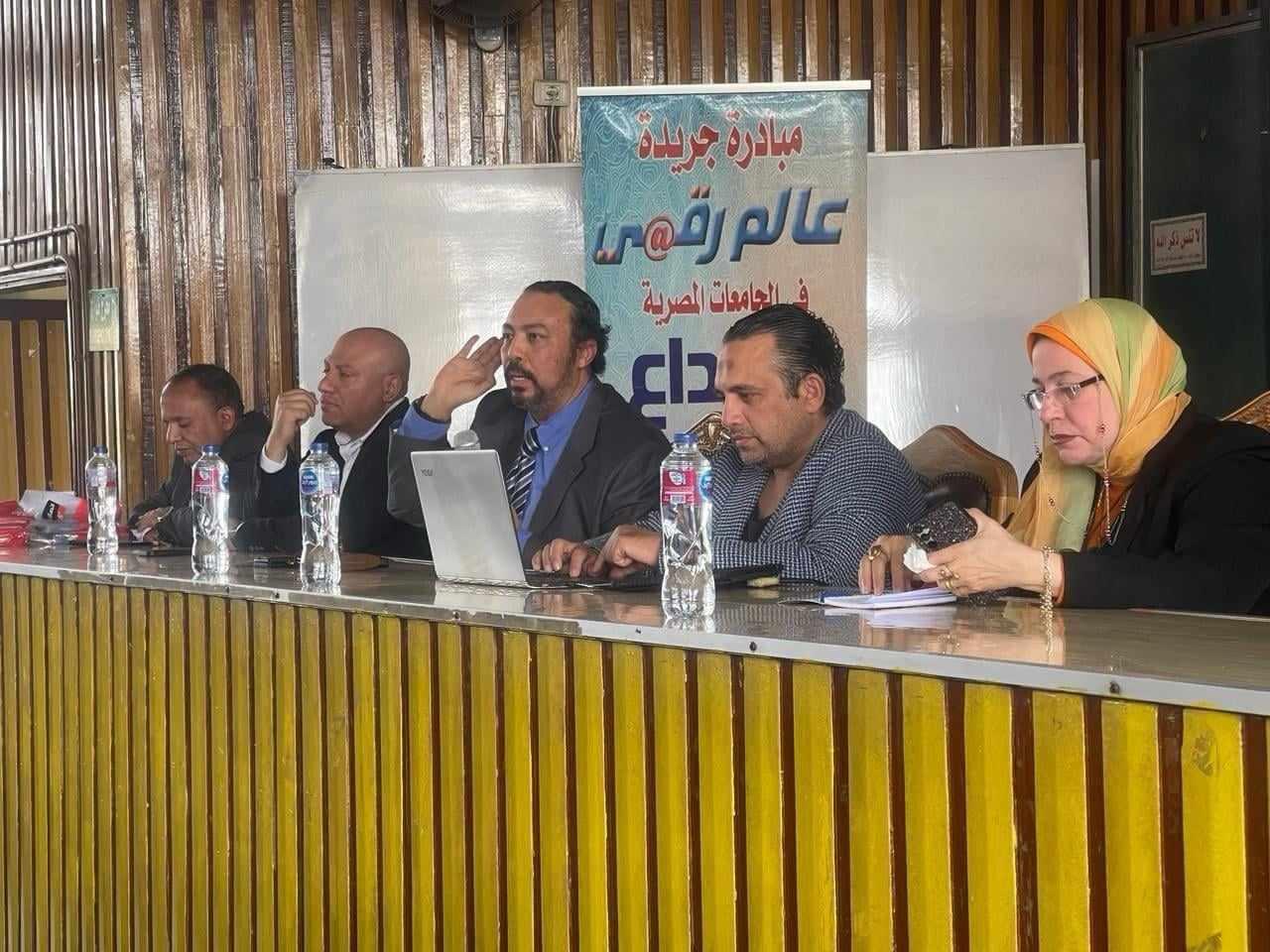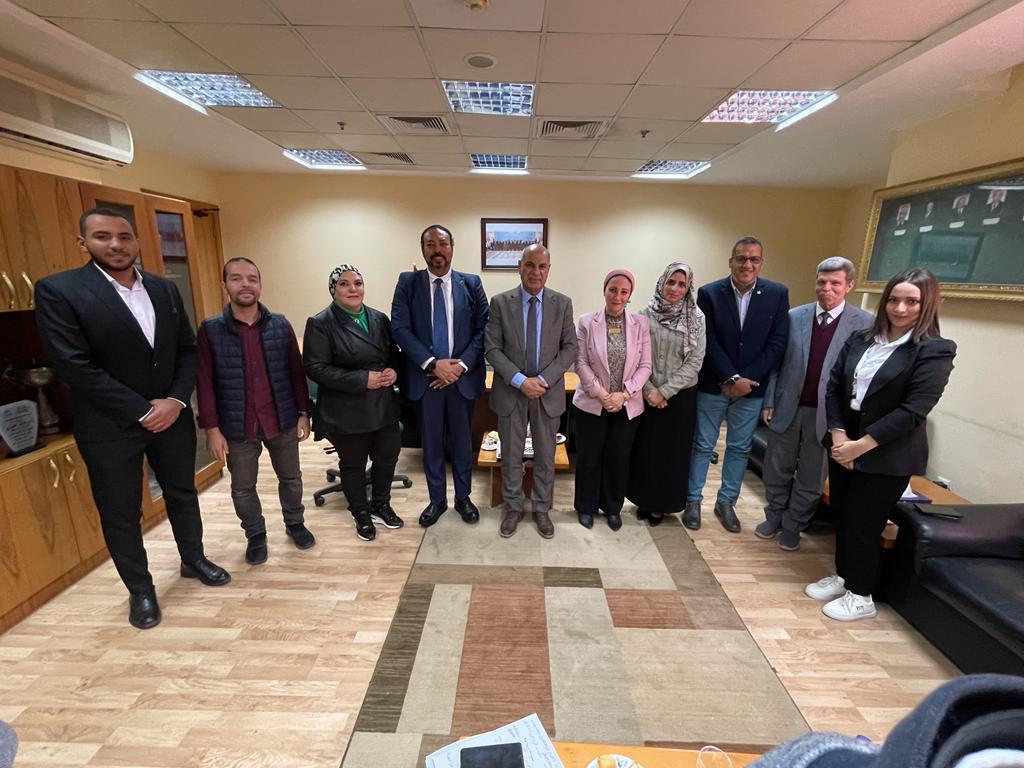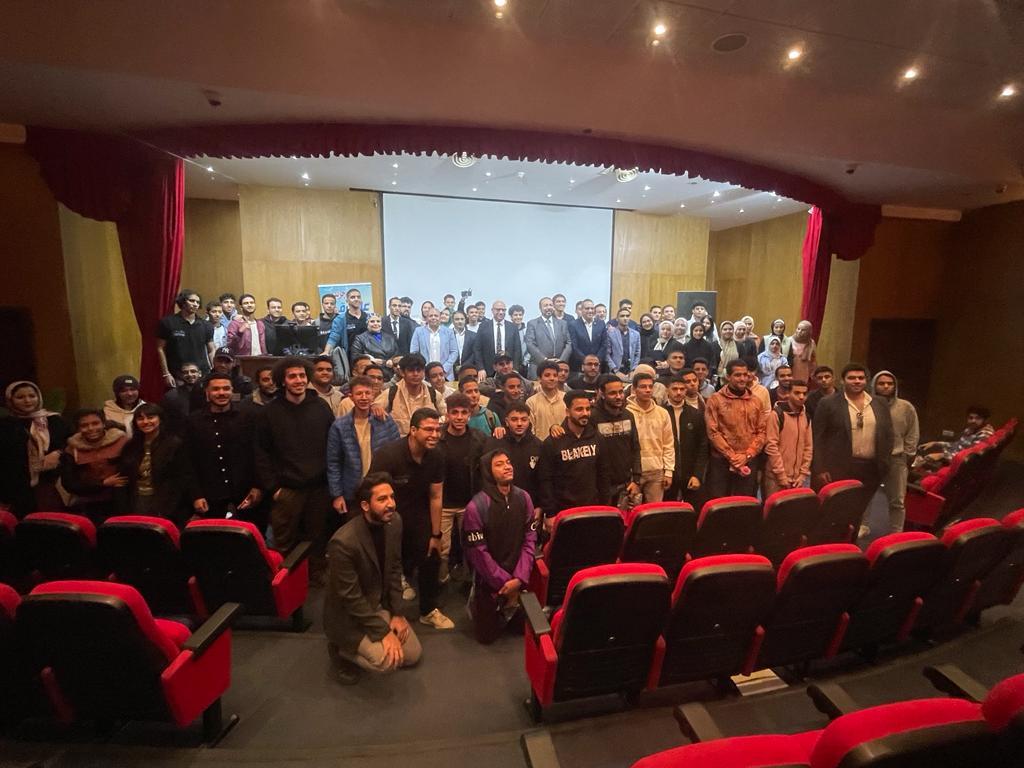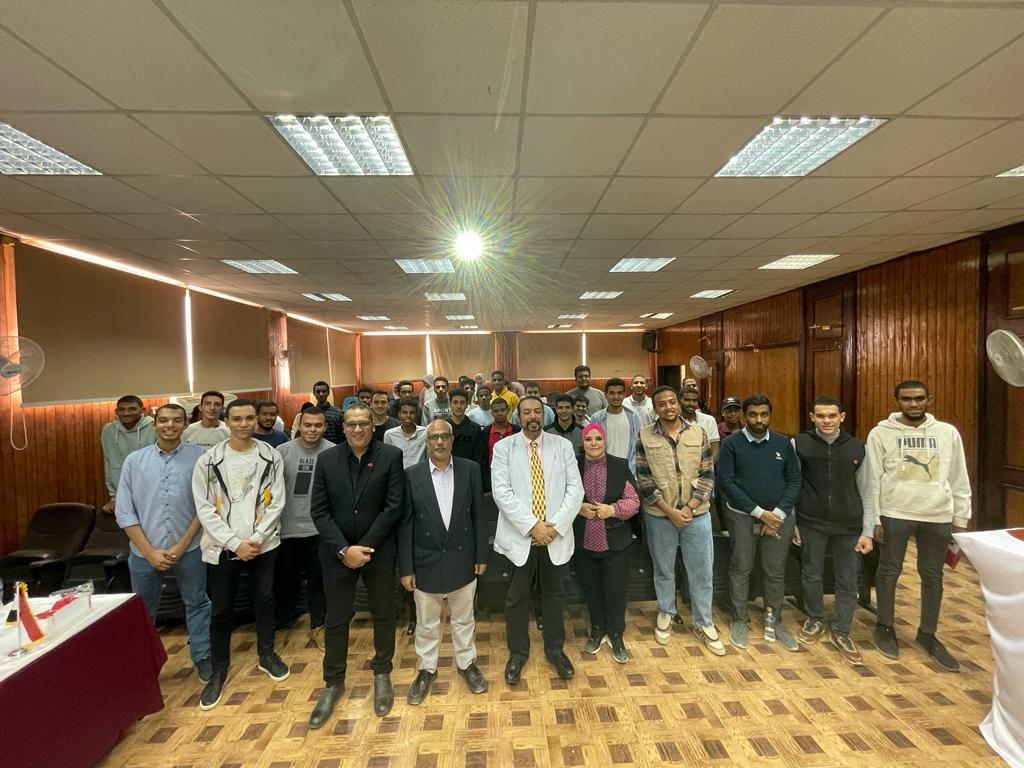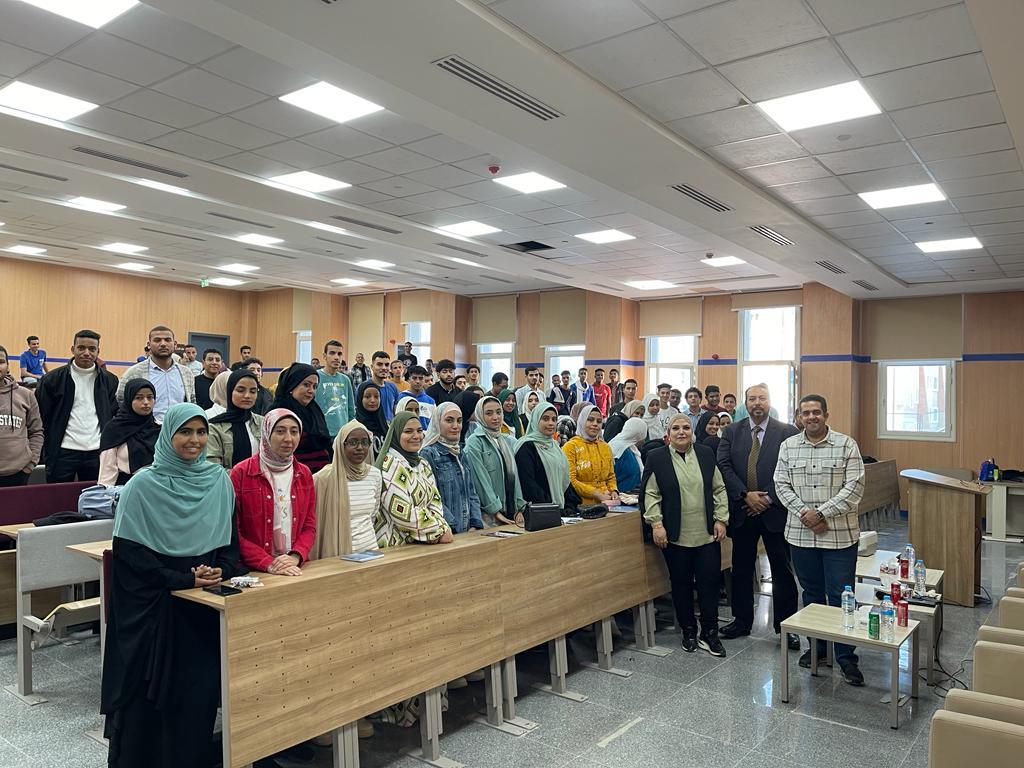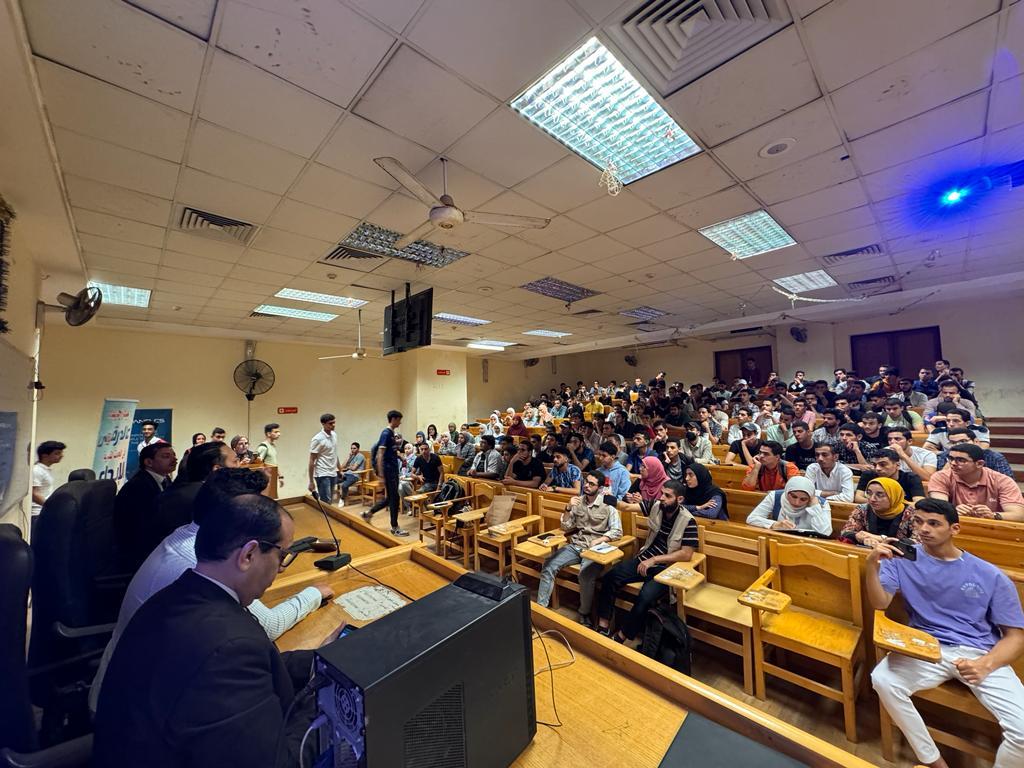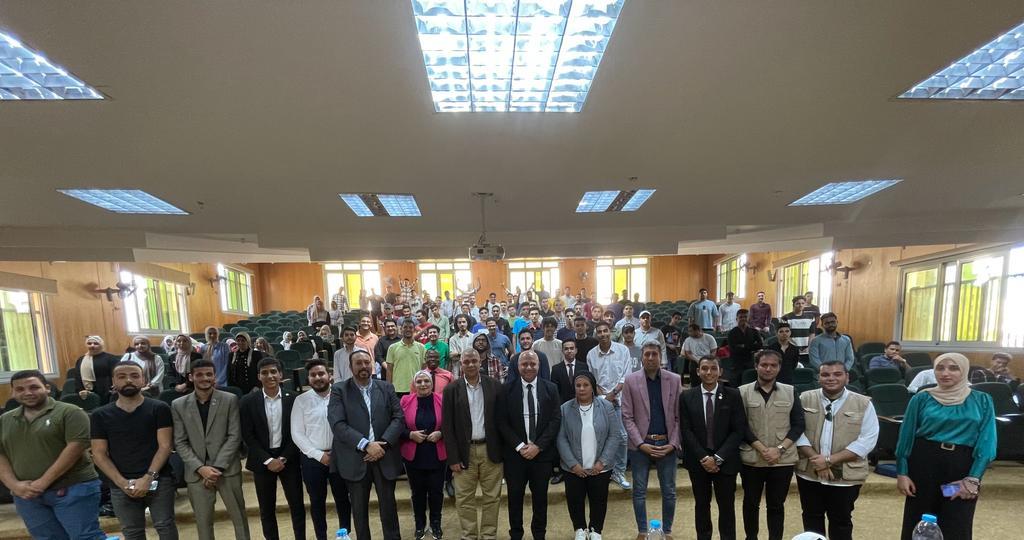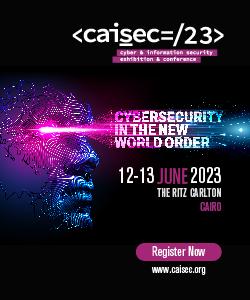The Mastercard Cities of the Future Report taps into the aspirations of urban inhabitants in Egypt, Saudi Arabia, and the UAE
-68% of respondents in Egypt believe their cities are maturing or mature enough as future-ready urban spaces
By ; Mohamed Elkholy
Four in five people would be happier living in a smart city, according to a new report by Mastercard, which features insights related to human aspirations and technological progress for smart cities in the Middle East. By 2050, two-thirds of the world’s population will be living in urban areas, which places a renewed focus on urban living to ensure that the cities of the future are secure, sustainable and inclusive.
Mastercard Cities of the Future Report revealed that respondents in Egypt overwhelmingly agree that living in a smart city would make them happier, with 82% making it the highest percentage in the three markets surveyed.
“At Mastercard we have the expertise, real-time insights, ready technological solutions, localization options, and a vast network to help create and advance future cities.
Together with our partners, we harness a variety of resources across the technology and digitalization space. In Egypt, it’s inspiring to see smart city initiatives being implemented in both legacy sites and built from scratch – developments that Mastercard continues to support by contributing cross-sector collaboration, technology expertise, global best practices and deep local insights,” said Adam Jones, Country General Manager, MENA Central, Mastercard.
Priority innovations for respondents in Egypt are connected buildings and AI-driven services
The majority (65%) of respondents in Egypt identified smart and connected buildings and homes as the highest priority innovation, along with AI-driven services, manufacturing, transport and medicine (65%) for a two-way tie.
Technological advancements widely generate more optimism than worry, though respondents in Egypt did indicate some concern for the loss of traditional jobs, along with becoming less physically active. AI and machine learning (61%) are considered the most important technologies for future cities.
Most anticipated outcomes in Egypt revolve around payments and urban mobility
At the top of the list of anticipated outcomes in Egypt, are smart and secure payment networks (63%), along with modern and efficient transportation (63%). In Egypt, 68% of respondents believe their cities are ‘maturing’ or ‘mature enough’, while in the UAE and Saudi Arabia this is higher.
Urban residents seek digital access to services and secure personal data
Egypt’s residents would like to see digitization make their living environments, workplaces, and payment experiences, more efficient. Topping the list of aspects that would enhance their daily living experience in a city, are digital access to services (63%) like utilities, licensing, banking and transportation, followed by strong privacy and secure personal data (62%).
Partnership crucial for urban innovation
Through working with public and private sector partners, Mastercard helps develop solutions to advance sustainability, small business success, digital transformation, tourism development, urban mobility, and education. Mastercard partnered with the Administrative Capital for Urban Development to build the efficient digital infrastructure that will enable the New Administrative Capital to become Egypt's first cashless city. Ongoing collaborations with the Central Bank of Egypt (CBE) and the Egyptian Banks Company (EBC), is supporting the implementation of card tokenization regulations by providing infrastructure to all issuing banks across the country, ushering in a new era of seamless and secure digital payment transactions for millions of Egyptians.
